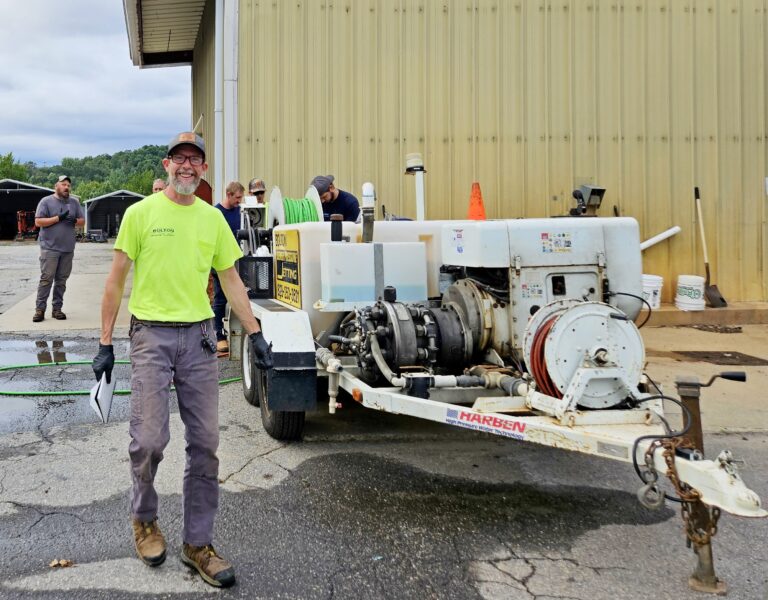In this day and age, most people know clean indoor air is essential for good health. However, many fail to realize the true ramifications of repeated exposure to poor indoor air quality. With levels of pollutants in indoor air 2-5 times more polluted than the air outdoors according to the EPA. The need to improve indoor air quality in homes and offices is critical.
Not Feeling So Good? It Could Be the Air in Your Home or Office
Those constantly exposed to polluted indoor air suffer frequent allergies and illness, also struggling with worsened asthma symptoms. Frequent congestion, runny nose, sneezing, coughing, watery eyes, and headaches are all common in buildings with poor indoor air quality. Health effects may occur after a single exposure, or cause complications years later. Long-term or repeated exposure to poor indoor air quality has even been linked to serious respiratory diseases, heart disease, and cancer.
How Can You Improve Indoor Air Quality?
It is important to try and improve the air quality in your home even if you aren’t noticing health symptoms. Luckily, homeowners can improve indoor air quality with a few simple tricks….
- Replace air filters regularly.
Dirty air filters contain contaminants that can be easily distributed through your ductwork and your home, forcing your system to work harder to distribute air, and sabotaging performance. One of the easiest tricks in the book, replacing your HVAC air filter every 2-4 months ensures clean, fresh air. While you’re at it, take care of those gross exhaust fans as well. - Install High MERV rated air filters.
MERV stands for Minimum Efficiency Reporting Value, these filters are rated on how small of a particle they can filter out of the air. The numbers range from 1 to 16, and the higher the number, the more stuff in the air gets caught in the filter. A low ranking filter is rated 1-4 MERV, and medium filter falls into the 5-13 MERV range, and high-efficicency filter will range from 13 to 16 MERV. HEPA stands for High Efficiency Particulate Air filters and they are super-efficient. They will range from 17-20 MERV. HEPA filters meet standards that remove at least 99.97% of airborne particles down to the size of 0.3 microns. This type of filter is used in hospitals to stop the spread of disease-causing organisms. - Clean air ducts regularly.
Clean, sealed ducts ensure the delivery of fresh air. Having your ductwork regularly inspected by a professional HVAC contractor safeguards against leaks that can expose you to allergens and pollutants, and can alert you to the need for duct cleaning to remove dirt, pollen, mold, and dander buildup that can negatively impact air quality.
Not feeling so good? Boost the air quality in your home. Keep your family healthy with the expert help of the technicians at Bolton Construction & Service of WNC, Inc.. Contact us today!












